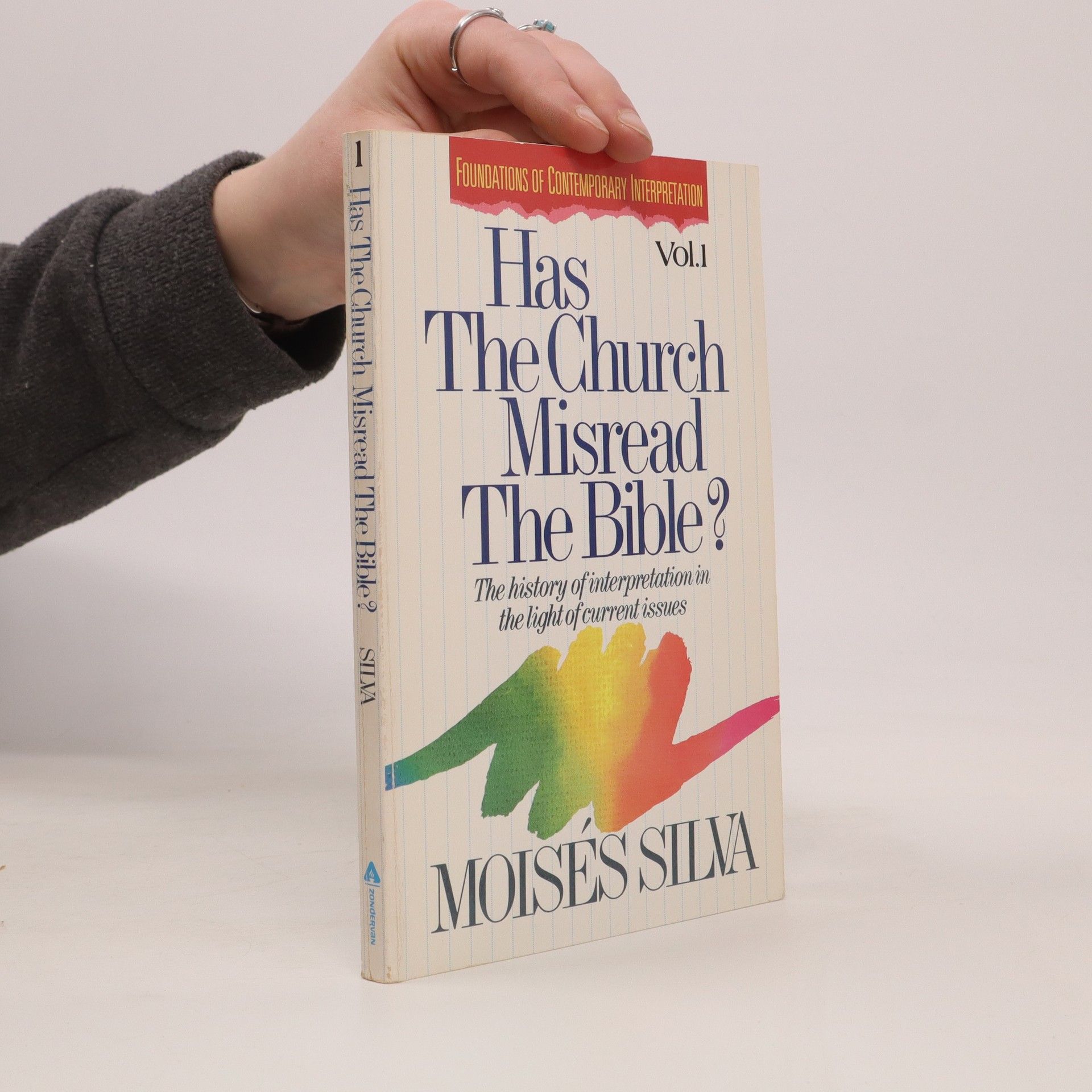Philippians
- 272pages
- 10 heures de lecture
With its user-friendly design, this commentary by Moisés Silva provides a substantive yet accessible discussion of Philippians to help pastors, students, and teachers understand and explain this letter.Each passage is presented in three Silva's own translation of the Greek text; exegesis and exposition of each unit of thought; and additional notes on textual matters. Throughout the commentary, Silva asks what is distinctive about this letter and shows how each passage contributes to Paul's overall argument.The second edition has been updated to interact with important recent scholarship on Philippians and to incorporate the well-regarded BECNT layout.

